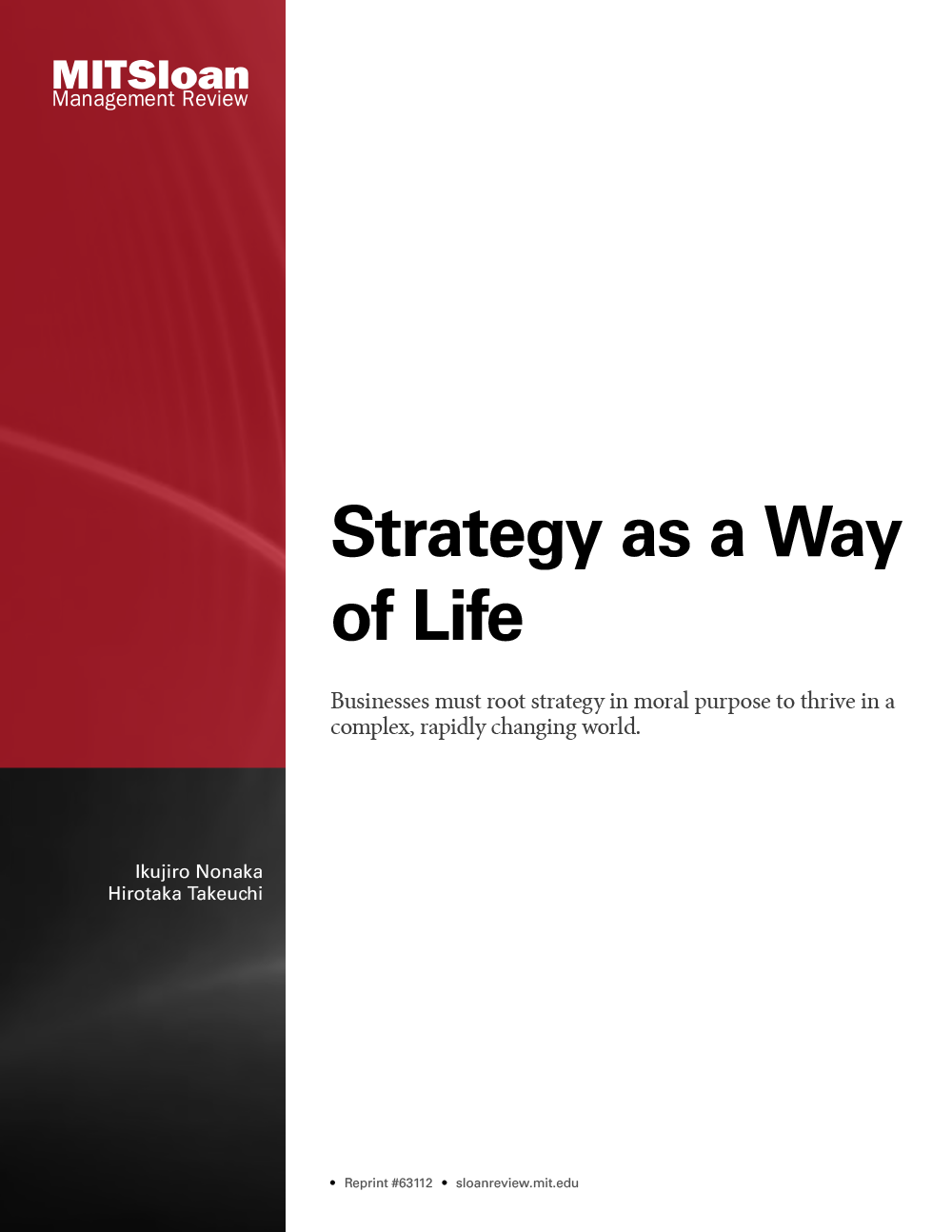Goods made from reused materials are more appealing when customers are primed to spin a narrative about their history.
Social Responsibility
Page 3 of 14
-
How to Evaluate the Impact of Corporate Purpose
Companies must develop the capacity to accurately assess the execution of purpose-driven strategies on ESG goals.
-
Why Business Integrity Can Be a Strategic Response to Ethical Challenges
An empowered strategic integrity function is key to developing a more proactive and systemic approach to governance.
-
Why Making Good on Green Promises Can Be a Win for Retailers
Engaging retail workers on environmental sustainability can boost employee attraction, retention, and satisfaction.
-
Businesspeople Must Reconnect With Nature to Save the Planet
Forming a stronger bond with nature can benefit business leaders, their organizations, and the environment.
-
Why Fast Fashion Has to Slow Down
Much of the fashion industry trades on a culture of disposability. It’s not sustainable, and retail norms must change.
-
Strategy as a Way of Life
Conventional ways of making strategy are inadequate amid uncertainty and complexity. Today, it requires moral purpose.
-
Decarbonizing Our Toughest Sectors — Profitably
Cutting carbon emissions in heavy transport and industrial heat can be done profitably.
-
Fighting Backlash to Racial Equity Efforts
Knowing why racial equity initiatives provoke opposition can help you lead employees through change.
-
Linking Good Intentions to Intentional Action
Businesses that pledged to support racial equity in 2020 must maintain their commitments to effecting change.












